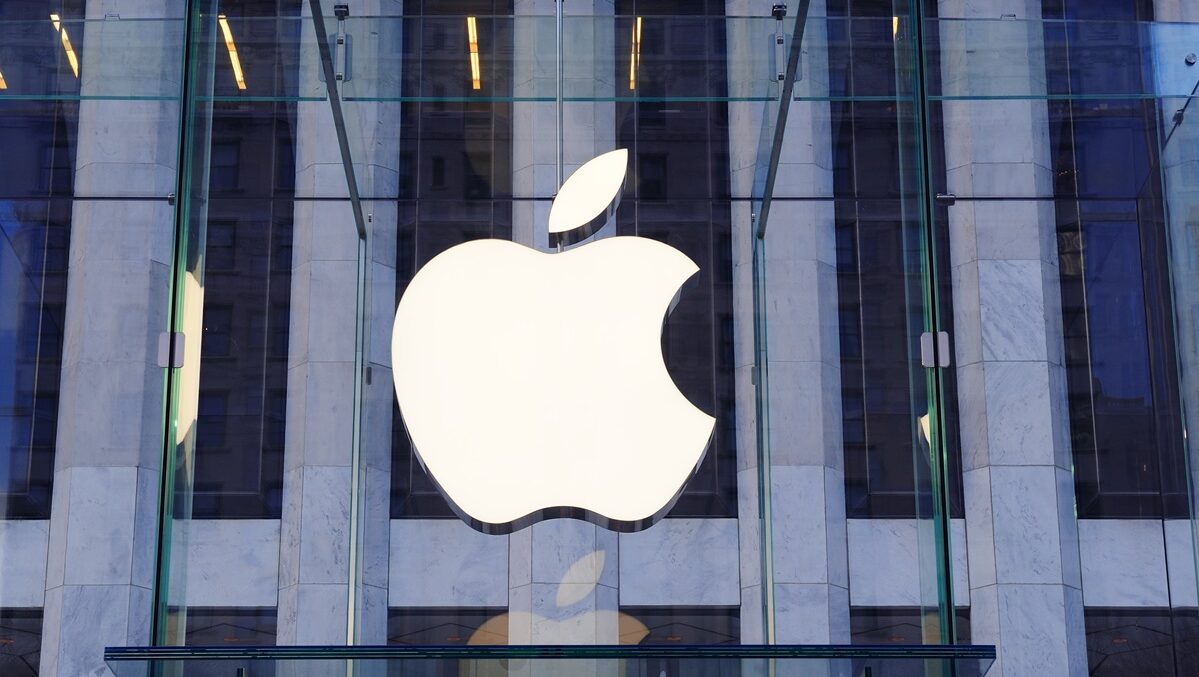
The lawsuit filed yesterday by the U.S. Justice Department (DOJ) against Apple for monopolization of the U.S. smartphone market (joined by 15 states and the District of Columbia) has big implications for American competition and innovation.
At the heart of the complaint is the DOJ’s assertion that:
[Apple’s] anticompetitive acts include, but are not limited to, its contractual restrictions against app creation, distribution, and access to APIs that have impeded apps and technologies including, but not limited to, super apps, cloud streaming, messaging, wearables, and digital wallets.
The DOJ will have to show that those actions have no explanation apart from an effort to harm competition. Apple will be able to stress that they are all designed to create a curated experience for customers, enhance security, and thereby confer major benefits on Apple consumers—a significant efficiency. It will thereby claim that those actions are not “exclusionary” in the antitrust sense, and thus there is no monopolization or attempted monopolization under Sherman Act Section 2.
In short, there is a strong argument that Apple’s actions benefit Apple consumers. The fact that Apple consumers are willing to pay far more for iPhones than for Android phones indicates that they value them far more (obtain more consumer surplus). Apple will argue that interfering with Apple’s practices that create this value would harm Apple consumers, make iPhones more like Android phones, and degrade dynamic competition in iPhones. While some Android customers might prefer better access to messages sent by iPhones or to a few other iPhone features, Apple does not have a legal duty to provide such access.
Specifically, under Supreme Court precedent in, e.g., Verizon v. Trinko, Apple has no antitrust duty to assist its competitors or to afford them special access to aspects of its platform. The heart of DOJ’s complaint “sounds in” assisting Android phone makers, and Apple has no duty to do this.
According to revenue statistics compiled by Backlink.com, Android phones controlled roughly between 69% and 75% of the global smartphone market share (measured by revenue) during the 2016 to 2023 period. Over the same time frame, iPhone shares fluctuated in the 19% to 29% range—hardly the mark of a dominant firm, let alone a monopolist.
In the U.S. smartphone market (assumed relevant), however, iPhone shares fell in the 53% to 59% range during that time period, while Android shares fluctuated from roughly 41% to 45%. There is no showing that Android is rapidly losing ground and about to be minimized.
Apple will argue that it is obviously not the global market leader. Moreover, it is not a monopolist in the United States. It is merely a very successful competitor in the smartphone market. The iPhone’s share therefore reflects consumer demand for its special attributes, such as enhanced security and a curated experience.
The U.S. v. Microsoft case is inapposite. At the time of the case, Microsoft’s Windows operating system had a clear monopoly in the desktop operating-system market, and no close substitutes were in or about to enter that market.
Under existing Supreme Court precedent, it appears highly unlikely that the DOJ will win in court. During the expected years of litigation, however, Apple will have a reduced incentive to compete aggressively or to invest and innovate in dynamic areas, such as cloud computing. This could slow U.S. innovation overall in an area in which it has been a leader, harming U.S. economic welfare and the international competitiveness of our digital economy.
Even if DOJ somehow were to win after many years, the relief it would be able to obtain—an injunction covering the many practices (and possibly others) alluded to in DOJ’s complaint—would be virtually impossible to administer by a court. This would lead to constant litigation and haggling over whether future actions by Apple fell within the decree, thereby hobbling Apple and diminishing its future innovation. Once again, this would undermine the competitiveness of the U.S. digital sector and harm the American economy.
With this lawsuit, the United States is following the example of the European Union, in its effort to micromanage digital competition and hobble major American competitors—including, of course, Apple. Unlike the United States, the EU has produced no leading platforms and very little real innovation in the digital sector. Why does the U.S. government want to emulate that failed experience?
Notably, as an example of harmful bureaucratic stupidity, the European Commission failed miserably in forcing Microsoft to sell versions of Microsoft Office without the Windows Media Player, a decision that was soundly rejected by European consumers.
In sum, the DOJ’s Apple lawsuit is an assault on American innovation that will harm, rather than help, American consumers. It ignores the Supreme Court’s teaching that antitrust protects the competitive process, not individual competitors.
Notably, of course, major globally powerful foreign firms, such as Samsung, are among the beneficiaries of the lawsuit. These highly capitalized rival companies are fully free to protect their interests and to develop new sorts of smartphones and digital products, if they so desire. They do not need special protection from the U.S. government.
Significantly, in the 117th Congress, from 2021 to 2023, Congress considered, but elected not to pass, antitrust legislation that would have imposed new statutory duties of cooperation on giant digital companies. The U.S. government should not be authorized to impose new antitrust duties on digital innovators through litigation that it was unable to obtain through legislation.
Finally, the Apple lawsuit also weakens the competitive position of the U.S. digital sector vis-à-vis China, a result counter to American strategic interests in the economic sphere.




